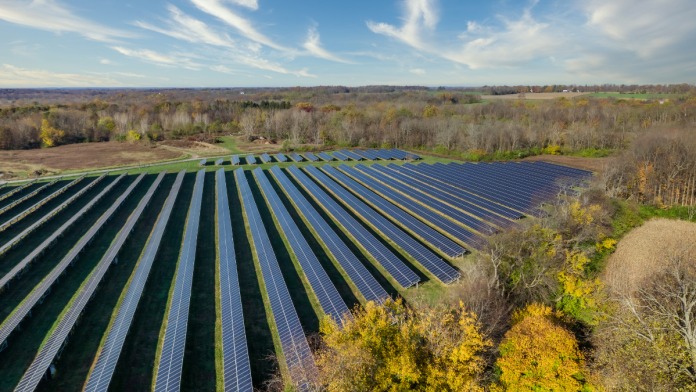£3 Million Grant to Electrify Africa’s Future with Perovskite Solar Modules
A consortium of researchers and companies has secured a £3 million grant to explore the manufacturing of perovskite solar modules in four African countries: South Africa, Kenya, Rwanda, and Nigeria.
The project, dubbed REACH-PSM (Resilient Renewable Energy Access Through Community-Driven Holistic Development in Perovskite Solar Module Manufacturing), aims to promote local solar manufacturing and drive sustainable energy solutions in low- and middle-income countries.
Led by Swansea University in the UK, the consortium includes universities in Kenya, Nigeria, and South Africa, as well as renewable energy companies such as Kijani Testing, SLS Energy, and Hinkley Recycling.
Perovskite solar technology, a more affordable and energy-efficient alternative to traditional silicon-based solar cells, will be at the forefront of the project. This technology consumes less energy in manufacturing and has lower costs, making it an ideal solution for addressing energy poverty in Africa.
According to Matthew Davies, Principal Investigator for REACH-PSM and UNESCO Chair in Sustainable Technologies, the project will focus on designing a manufacturing process for a circular economy. “A key element of the project will be developing effective end-of-life treatment to minimize waste and maximize the circular flow of materials,” Davies said.
The consortium will also develop business models and establish a large-scale solar cell manufacturing facility to serve the African market.
Funded by the UK Department for Research and Innovation’s Ayrton Challenge programme, the REACH-PSM project aims to provide affordable, sustainable solar energy solutions for underserved communities, strengthening local economies and supply chains, while advancing the transition to clean energy in Africa.



